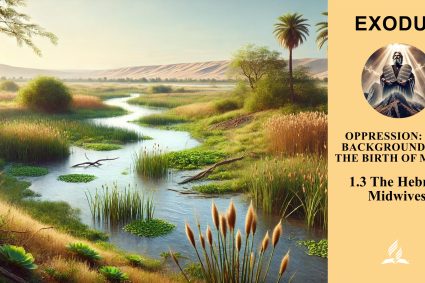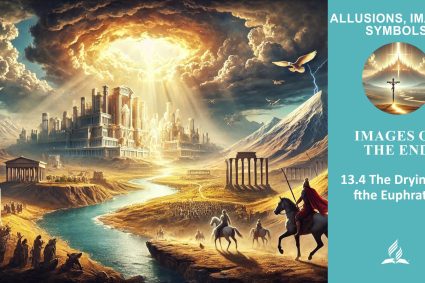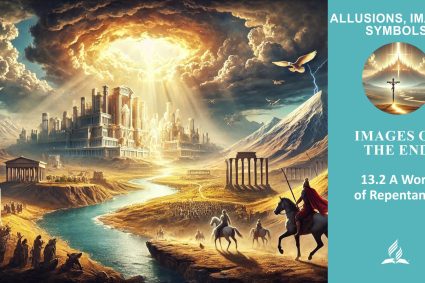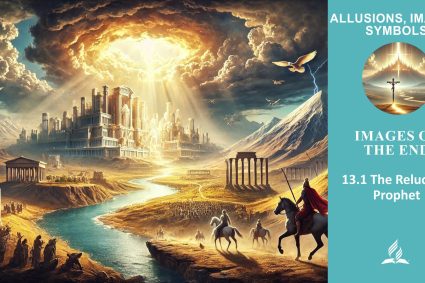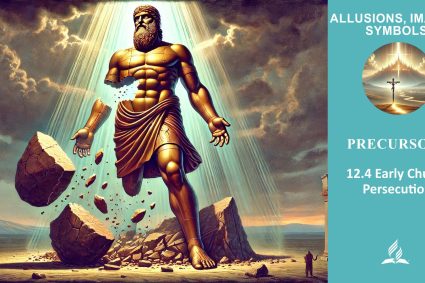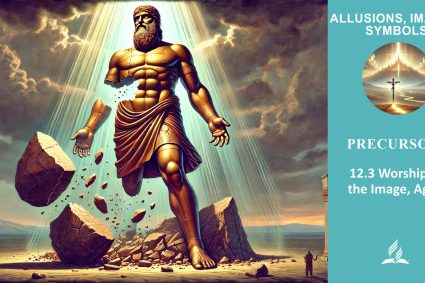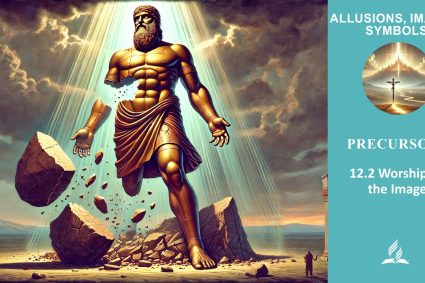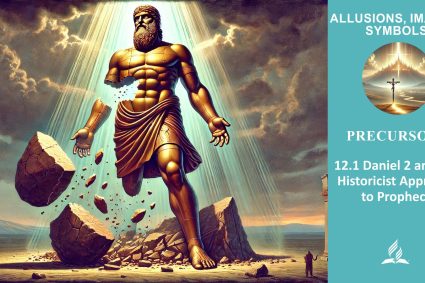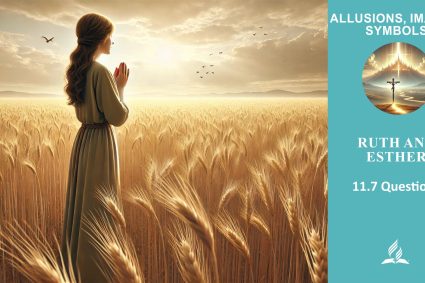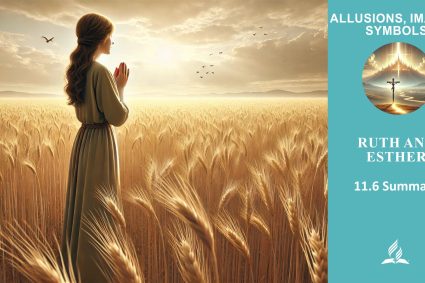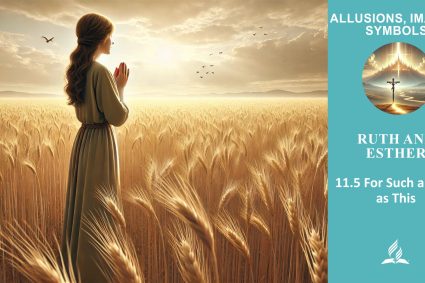Lesson 10.Lessons of the Past | 10.4 The Parable of the Lord’s Vine
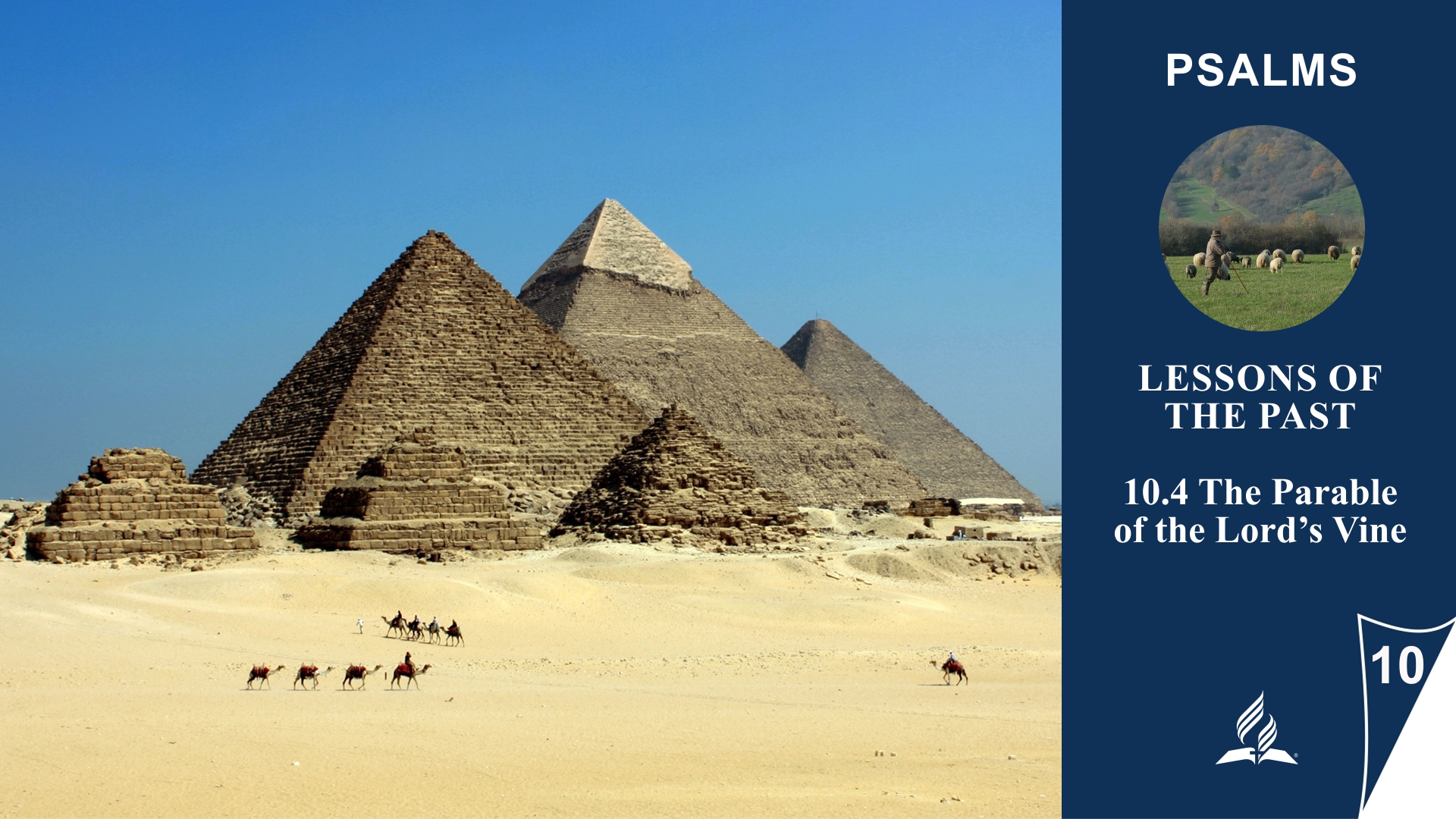


10.4 The Parable of God’s Vineyard
Returning to the Origin: A Spiritual Journey through Psalm 80
Read Psalm 80. How is God’s people portrayed in this psalm, and what great promise does it claim?
The parable of God’s vineyard in Psalm 80 presents a striking depiction of God’s people as a vineyard planted by God Himself. This metaphor illustrates God’s special election and care for His people, Israel. The psalmist recalls how God led Israel out of slavery in Egypt and into the promised land overflowing with abundance and blessing. Yet, despite this magnificent deliverance and provision, the vineyard of God now stands under His wrath because the vine is corrupt. Reference is made to the prophets who announce the destruction of the vineyard as a sign of God’s judgment.
The psalm expresses deep distress that God has withheld His presence from His people. The tension between God’s wrath and judgment on one hand and His grace and forgiveness on the other is clearly delineated. The psalmist fears that divine wrath may prevail and completely destroy the people.
Despite these bleak prospects, the psalmist’s hope rests on the blessing of God described in Numbers 6:22–27. This blessing is used as a sign of hope that God’s grace and forgiveness will ultimately triumph over the people’s misery. The psalmist pleads for God to restore His people, for His face to shine upon them, so that they may be saved.
The use of the blessing from Numbers 6:22–27 demonstrates the close connection between the old covenant and the hope of renewal and salvation. The prayer for restoration is coupled with the call for repentance and turning back, indicating that returning to God is the key to the people’s salvation and restoration.
In our daily lives and faith, we can learn from this psalm that despite our faults and sins, God’s grace and forgiveness are always available when we return to Him in repentance. We should be aware that God’s love and faithfulness accompany us always, even when we go through dark times. Our hope lies in the promise of restoration and renewal through God’s blessing hand.

The connection between Psalm 80 and our everyday lives and faith is manifold and profound:
-
Remembering God’s Faithfulness: In our daily lives, this psalm reminds us that God has saved us from various situations of distress and trouble. When we find ourselves in difficult times, we can remember God’s faithfulness and trust that He will continue to stand by us.
-
Repentance and Confession: The psalm encourages us to repent and turn away from our sins. In our daily lives, we can recognize when we stray from God’s ways and decide to turn back to Him and realign ourselves with God.
-
Hope for Renewal: Psalm 80 gives us hope for renewal and restoration. When we are faced with challenges or find ourselves in a state of desolation, we can believe in the promise of restoration through God’s blessing hand and trust that He will lead us out of our troubles.
-
Dependency on God’s Blessing: The psalm reminds us that our lives depend on God’s blessing. In our daily lives, we can acknowledge that we rely on God’s blessing to experience success, abundance, and fulfillment. We can strive to live in harmony with God’s will and be guided by His blessing.
-
Interceding for Others: As mentioned in the psalm, we can also intercede for others and pray for God’s intervention in their lives. By praying for others and advocating for their restoration, we can contribute to them also experiencing God’s grace and forgiveness.
Overall, Psalm 80 teaches us that our daily lives and our faith are closely intertwined. By remembering God’s faithfulness, repenting, hoping for renewal, relying on God’s blessing, and praying for others, we can lead lives that honor God and align with His will.
(Visited 16 times, 1 visits today)
Post Views: 695

